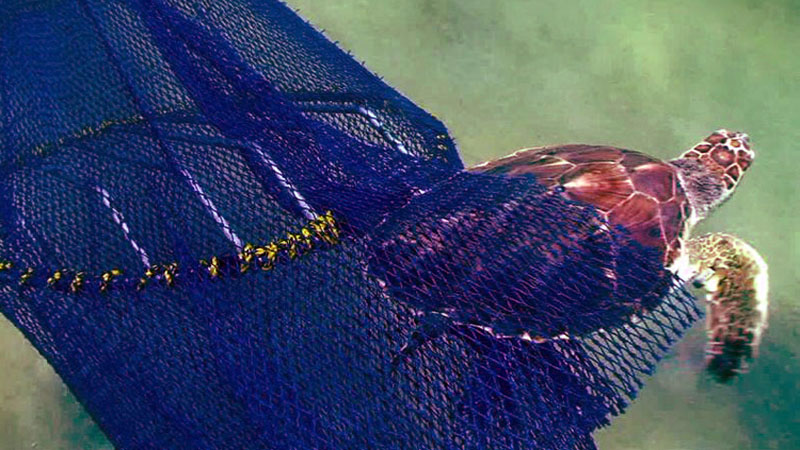Exclusive content

The Marine Products Export Development Authority (MPEDA) and the ICAR – Central Institute of Fisheries Technology (ICAR-CIFT) in India have unveiled a new Turtle Excluder Device (TED) specifically designed for local trawlers. This initiative aims to resolve the issues that led to a major import ban by the United States, which had severely impacted India’s shrimp export sector.
The US Ban: A Catalyst for Change
The US imposed a ban on Indian wild-caught shrimps in 2018, citing the absence of Turtle Excluder Devices on fishing nets. TEDs are critical for allowing endangered sea turtles to escape from trawl nets, and their absence had significant repercussions. The ban led to a sharp decline in shrimp exports from India, with revenues plummeting from USD 1 billion in 2017-18 to just USD 454 million in 2022-23. The reduction in export values and quantities had a profound effect on both the industry and the livelihoods of countless fishermen.
In response to the ban, the CIFT has designed an indigenous TED crafted from aluminum alloy (6082 T6 grade). This new TED is lighter than its stainless steel predecessors, which could significantly reduce the impact on catch volumes while ensuring compliance with international standards. The TED comes in two sizes: 48″ x 41″ for larger trawl nets and 40″ x 36″ for smaller nets. This design is aimed at balancing the need for sea turtle conservation with the practical needs of shrimp fishermen.
Economic Implications and Industry Impact
Shrimp exports are a vital part of India’s seafood industry, with wild-caught varieties commanding higher prices in the US market compared to farmed counterparts. The previous ban not only affected the volume of exports but also led to a decrease in unit value, which hit the industry hard. The new TED is expected to help restore some of the lost market share by aligning with US regulations, potentially reviving export values and providing relief to affected fishermen.
Dr. MP Remesan, Head of the Fishing Technology Division at CIFT, revealed that the new TED has undergone successful trials in both US and Indian waters. It has been tested on commercial vessels in several Indian states, including Kerala, Tamil Nadu, and Andhra Pradesh. The TED has received approval from the National Oceanic and Atmospheric Administration (NOAA), bolstering hopes that its widespread adoption could lead to the lifting of the US import ban.